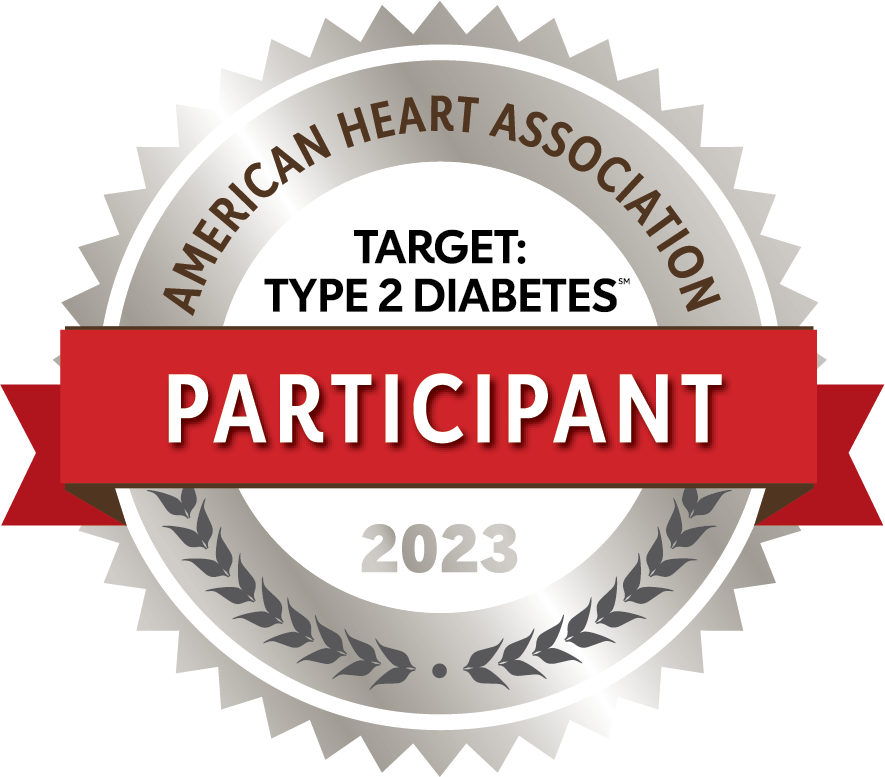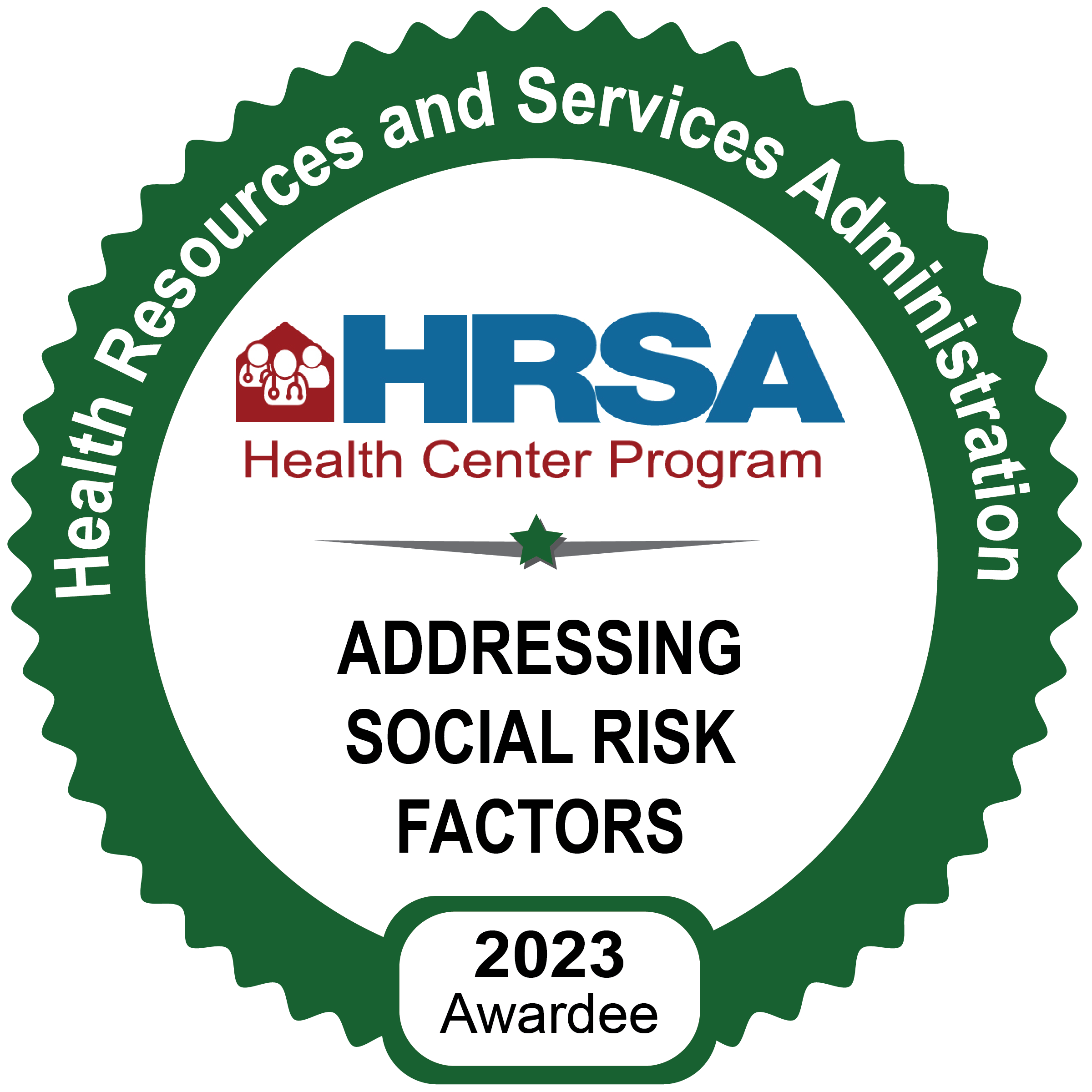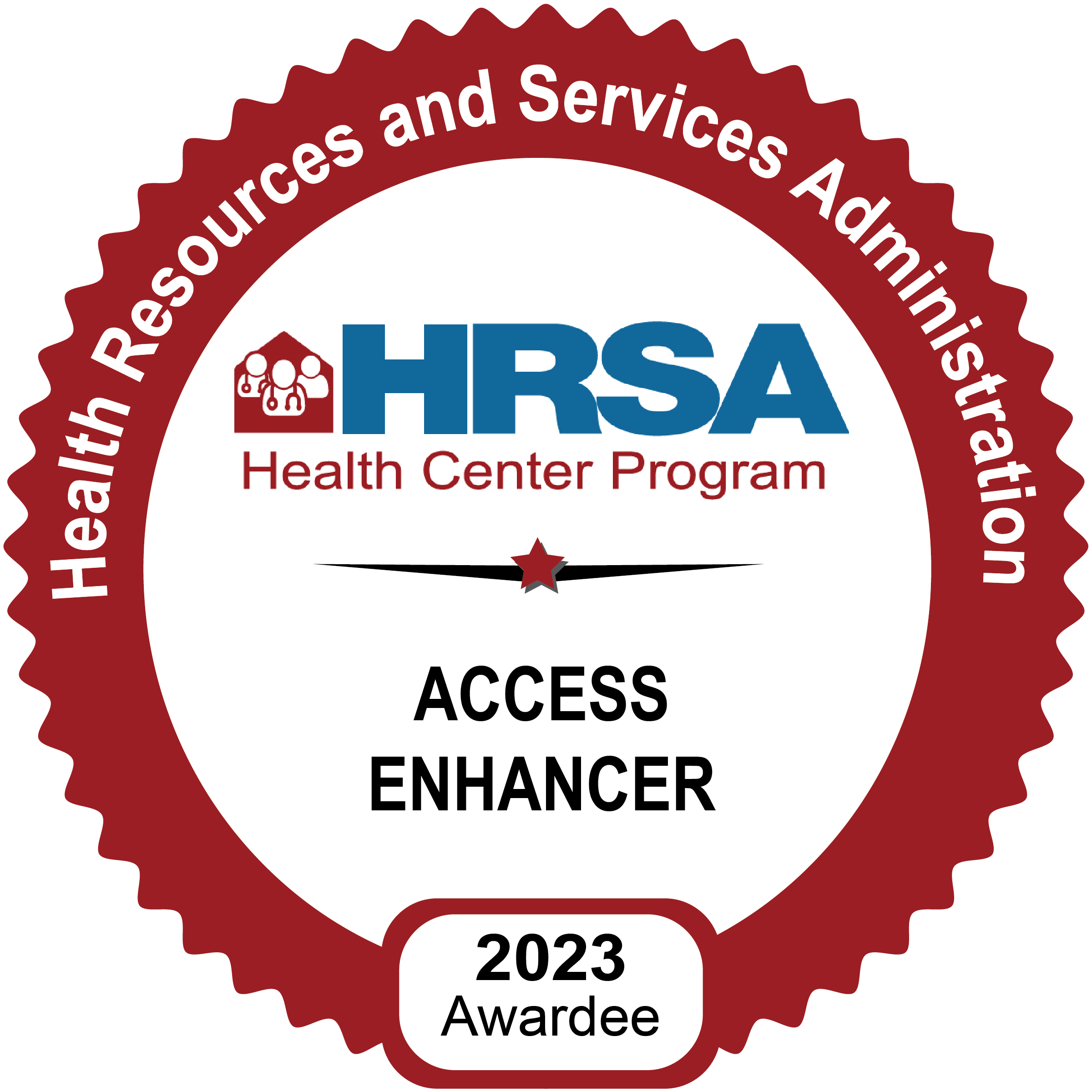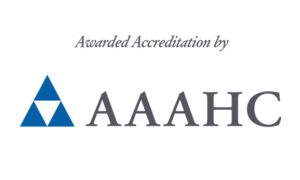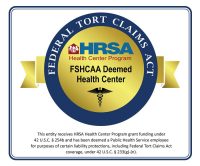Today is National Toothache Day – weird thing to make a holiday for, right? But we felt it was a great opportunity to provide you with some information about what causes toothaches and what to do about them.
What causes toothaches?
The most common causes of toothache include:
- Cavities
- Gum issues including recession, gingivitis and periodontal disease
- Eruption problems, such as 3rd molars that are impacted or have grown in the wrong position or are partially erupted
- Hyperocclusion – abnormal alignment of opposing teeth which creates excessive or traumatic force on the teeth
- Trauma
What can I do about a toothache?
If you have a toothache, and need some relief, our dentists recommend taking two, 200mg Ibuprofen and Tylenol tablets every 4-6 hrs. You can take the tablets at the same time provided you don’t have allergies to these medications or a kidney or liver condition. Aleve (Naproxen) can be taken instead of Ibuprofen but should only be taken every 12 hours, and no more than three 220mg tablets per day are recommended. Patients with a history of high blood pressure should monitor their BP when taking an NSAID pain reliever as these can interact with blood pressure medications.
Orajel and Anbesol are also options for toothache pain, however they only last for a few minutes, especially with severe pain.
When does a toothache require professional help?
- Seek professional help for a situation where a tooth is broken. Early intervention can be the difference between a filling or the tooth needing a root canal or extraction.
- If the tooth has spontaneous pain, constant pain, pain that is worse at night. These are symptoms that point to need for a root canal or extraction.
- If a tooth is loosened, pushed in, forward, back or knocked out.
- Swelling
The above-mentioned symptoms are usually considered a dental emergency. If a tooth breaks and there are no symptoms, it may or may not need further treatment. If the break changes the shape of the tooth, you should see a professional but you may not need an emergency appointment.
What kind of professional treatments are available for toothaches?
(Treatments organized in order of invasiveness with 1 being least and 6 being most.)
- Occlusal adjustment or smoothing chipped or broken area if no other treatment is needed.
- Silver Diamine Flouride treatment of the cavity can relieve sensitivity slow the cavity process until patient can get definitive care. SDF is not recommended for abscessed teeth or teeth that the pulp is inflamed.
- Sedative filling or a more permanent filling.
- Pulpal debridement to relieve pain followed by root canal therapy
- Extraction of tooth.
- Dentures or partials to replace missing teeth
These treatments may also include antibiotics to treat any infections that might be present, but are only given when truly needed, for example if there is swelling (swelling can interfere with anesthetic) or if the tooth requires surgery and the patient is unable to do the treatment right away. If your procedure should need to wait for any reason, your dentist may choose to provide you with a local anesthetic that can last for up to 6-8 hours. This gives the patient some relief while they start antibiotics or a different pain medication regimen.
Toothache can be disruptive and painful, but proper treatment from a dental provider can help prevent or resolve painful tooth issues. Valley-Wide dental services are available to anyone, whether you’re uninsured, have Medicaid or Medicare, or you have commercial insurance. We also have a sliding fee scale that may reduce the overall cost of your visit. Call us today at 1-877-350-1113 to find out how we can help you have a healthy, pain-free smile.
The information presented above are general guidelines and patient’s actual treatment needs may vary.


